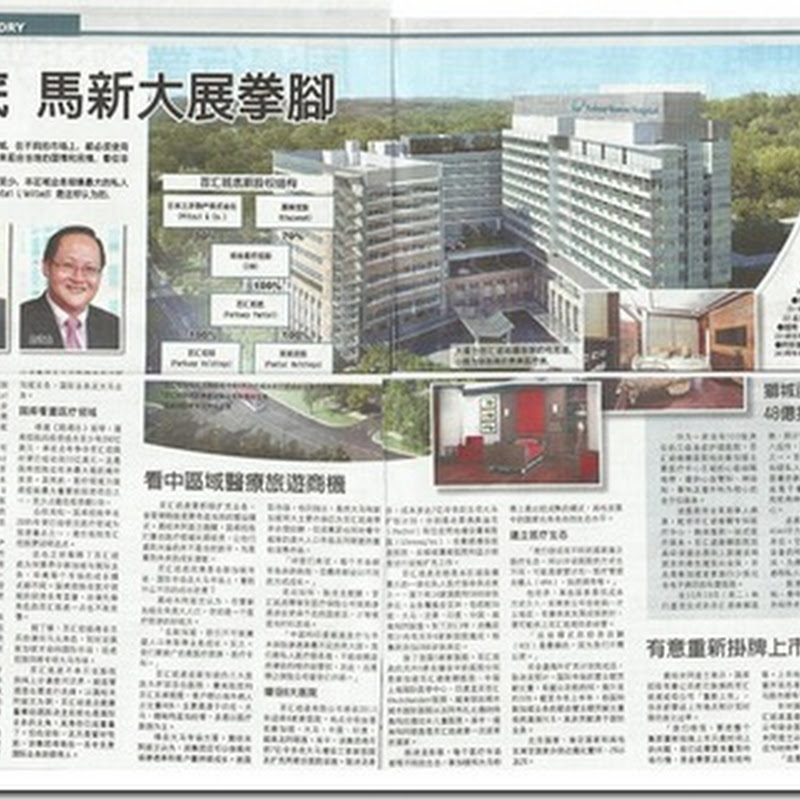Toyo Ink Group Bhd will close the deal on its proposed 1,200 megawatt (MW) coal fired power plant project in Vietnam.
Toyo Ink’s proposal had received the green light from the Vietnam authorities, but he declined to elaborate, pending the award of the license from the government. The other two chosen investors were Vietnamese companies shortlisted for plants that have the capacity to produce 1,200MW and 2,000MW respectively. The approval includes its application for a license to build and operate the plant.
One of the companies was reported to have said that the power plant project would likely start next year if it wants to meet the target to operate by 2013.
The total cost for the projects at a combined capacity of 4,400MW was estimated at US$5.3bil.
This is a great opportunity for the company to diversify into a new business with steady income as an independent power producer.
Financial Results
Toyo Ink, a maker of printing materials, posted a net profit of RM4.18mil on revenue of RM104.5mil in fiscal year ended March 31, 2008. It derived the bulk of its revenue from local operations, and a growing presence in Vietnam.
Its borrowings as of 1QFY2008 ended June 30 at Rm39 million. Cash and cash equivalent at RM3.03 million.
Going Forward
TIGB’s core business is as far removed from power generation as can be. The bulk of its revenues comes from manufacturing printing inks for the publishing and packaging industries and the company itself admits that it has no track record or expertise in the power sector.
On the proposed coal fired plant, TGIB would ideally prefer to build and eventually own the plant. However, if the government offers them the built-operate and transfer option, they will comply.
TIGB apperas to have started tge ball rolling in forging government links in May 2008, it signed a MOU with EVN-owned consulting agency Power Engineering Consulting Joint Stock Company No 2 to develop a framework for thermal power plant projects in southern Vietnam.
However, sceptical about TGIB’s coal fired power plant due to its expertise and some foreign companies have already entered Vietnam via BOT models.
Financing the proposed power plant could be another hurdle for TIGB. It plans to fund the project via bank borrowings and possibly a rights issue. If they have 100% ownership in the project, they may divest some of the stake to institutional investors.
Printing ink manufacturing will remain its core business although the company expects significant revenue contribution from Vietnam if it takes off. The company concedes that the manufacturing business has not been a bed roses for TIGB.
Scan 06 Feb 2026
-
Symbol Type Date Close Price Volume 13 Day RSI
GLOTEC Overbought 2026-02-06 0.945 1263600 89.55
GUOCO Overbought 2026-02-06 1.05 1430700 95.61
HLFG Overboug...
4 hours ago






















































No comments:
Post a Comment